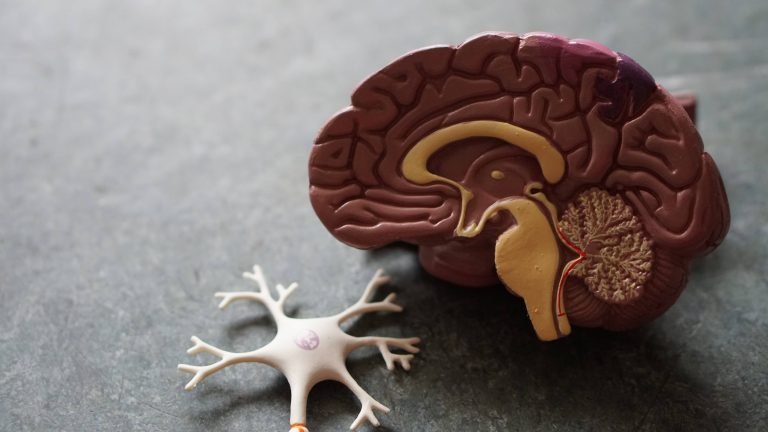Facts and logic are all well and good.
But they’re cold and hard.
And humans aren’t calculators or computer programs where you input facts and numbers to get the results.
Being human means we don’t just think, but also feel…
When we really want to captivate our audience, if we want them to identity with our brand or product, if we truly want our tale to be theirs as well, we turn it into a story.
Stories help us relate to other people, and they are easier to remember than a bunch of facts.
They create an emotional investment.
As the common quote attributed to various sources says, ‘People will forget what you said, but not how you made them feel’.
So, how do stories do their work?
Science tell us, it’s all about a cocktail of chemicals…

Cortisol
When we feel threatened or stressed, cortisol is released into the body.
It happens when we, or the person or people we’re reading about, face danger or take risks.
We heighten our focus.
We pay more attention.
We’re glued to the story.
Who doesn’t like adventure and action!?
Well, actually, it turns out we humans don’t always like it, so don’t overdo it!
Too much cortisol and we feel vulnerable and irritable, we become critical, we go on the defensive, and our memory is impaired.
Oxytocin
Now that cortisol has got us paying attention, we need to feel a connection with the characters. We need to create empathy. Our brain then releases Oxytocin, which helps us with bonding.
We ‘feel human’.
It also creates feelings of generosity and trust.
It can be achieved by telling something deeply personal, or allowing oneself to be vulnerable, or unusually honest.
We identify with the characters, and think, hey, that could be me.
Where love trumps all, where goodies are fighting baddies, where the underdog is up against the odds, where the hero must succeed at any cost, we start cheering them on, as we’d want the same outcome for ourselves.
Dopamine
Dopamine is created by suspense, plot twists, or the unexpected.
It’s also the satisfaction and excitement of success.
It helps focus, memory and motivation.
The feel good drug once everything turns out OK. It brings feelings of arousal and pleasure.
It’s also why series finish on cliffhangers, it’s the motivation to find out what happens next.
Endorfins
When we make people laugh, endorphins are created and people feel happy and relaxed.
It’s the ‘feel-good’ drug.
To create it, we can tell anecdotes, jokes, or confess something a little embarrassing that happened to us.
It makes us, or characters were reading about, more likeable.
It gets everyone on our side.

